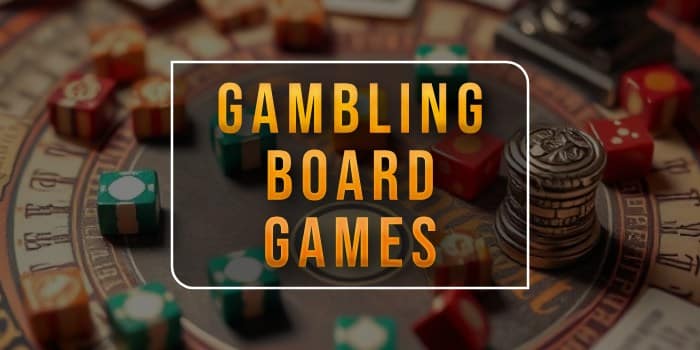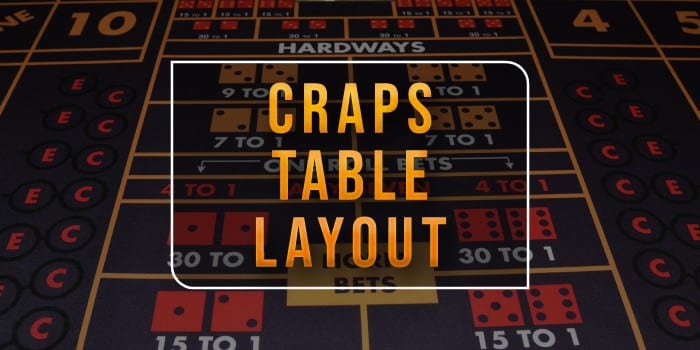- Casino
- By State
- Alabama
- Alaska
- Arizona
- Arkansas
- California
- Colorado
- Connecticut
- Delaware
- Georgia
- Florida
- Hawaii
- Idaho
- Illinois
- Indiana
- Iowa
- Kansas
- Kentucky
- Louisiana
- Maine
- Massachusetts
- Maryland
- Michigan
- Minnesota
- Mississippi
- Missouri
- Montana
- Nebraska
- Nevada
- New Hampshire
- New Jersey
- New Mexico
- New York
- North Carolina
- North Dakota
- Ohio
- Oklahoma
- Oregon
- Pennsylvania
- Rhode Island
- South Carolina
- South Dakota
- Tennessee
- Texas
- Utah
- Vermont
- Virginia
- Washington
- West Virginia
- Wisconsin
- Wyoming
- By State
- Slots
- Poker
- Sports
- Esports
- Home
- How to Count Cards in Poker
How to Count Cards in Poker

Card counting is usually a strategy that is associated with blackjack and baccarat, but it’s also one of the fundamentals of poker, too. Unlike blackjack, though, casinos don’t mind if you are using card counting in poker.
In fact, this is all part of the game and goes to show the personal skill of a player which is always welcomed by casinos. Poker is a competitive game and not least – the casino will have its cut anyway.
In other words, every player worth their salt will at least consider what cards may still be in play. This article will help you understand card counting in poker better.
Best Poker Sites for 2025
1
2
3
What’s Card Counting?
Card counting is a powerful strategy that, if executed well, will give you a small edge when playing any card game – be that blackjack or baccarat. In fact, with games such as blackjack, you may be able to tell with fair accuracy what the next card would be and even beat the casinos.
Many people have done it. In poker, card counting usually boils down to considering what’s still in the deck and what may be in your opponents to make them act one way or another.
Card counting can quickly become overwhelming to keep track of, so that’s why most players come up with systems that assign values to cards and thus make them much easier to count in the long run.
What Strategies for Counting Cards in Poker Are There?
There are usually three main strategies when you are looking to count cards in poker. Neither is a guaranteed way to win, but all of them are designed in such a way as to give you a statistical advantage.
Then again, you need to always factor in probability, as each of these strategies will work with imperfect information which sometimes leaves room for the unexpected. Overall, you can use counting outs, calculating equity, and using blockers to count cards in poker. Let’s check what each of these strategies actually means.
Blockers – Count the Cards That Are Out
Poker is a great game for counting cards. With only 52 cards in the game and four suits, there are essentially four copies of each card. What this means is that based on the community cards and your own hand, plus anyone who folded along the way, you already have plenty of information about what your opponent does not have.
You can see that their hand is either going to have cards that you don’t or get a good feel of when your hand is stronger. Of course, you won’t have your ideal hand made for you, but you can calculate what the odds of this happening are.
Essentially, you need to take a look at the community cards and take a look at your hole cards. Let’s say you are holding A-10 and the flop has revealed 4-J-7. The 4-J are the same suit as your A-10. This means that there are nine more cards that can produce the hand you are looking for or in this case – a flush.
The cards are K-Q-9-8-7-6-5-3-2, and you only need one. There is even a small chance that you can hit a royal flush, but even then, you are looking at one of the stronger hands in poker. So, should you lean in a little more heavily on the prospect of hitting the flush? This depends and it ties to the next strategy – equity.
Equity – Why Does It Matter?
Now, you may be wondering – why should my decision to play for a flush depends on equity. Well, poker is a game of statistical probability, and although you don’t have to be exceptional at math, learning as you play will definitely help you.
Okay, so how does this strategy work? Calculating equity is about how many cards have to come – if there is one card to come, then we need to calculate the remaining cards in the deck that could produce the card we want to play and multiply by 2.
If you have two cards coming out – as is the case with the above example – we calculate the cards in the deck by 4. So, in this case, we have 9 cards that could produce the results that we want and multiply it by 4, giving us 36, or 36% chance of getting the cards we need to complete our flush.
Counting Cards in Poker – Three Strategies and Their Pitfalls
Now, obviously, you will want to see the Outs and Equity figured out, but then there are the Blocks, which will change the nature of the game very often. Essentially, every time new information is revealed you will have to count the cards once again and what your odds are of winning with a certain hand.
This means that you need to keep adjusting your strategy and ensure that you work with up-to-date information based on the draws you have generated and the information that has been shared.
Can You Count Cards Legally in Poker?
You absolutely can. Card counting in poker is quite permissible, and it’s actually one of the hallmarks that you are truly trying to get your game to the next level and make a strong impact on your overall level of play.
Poker players are encouraged to learn more about counting cards and, if they are not willing to calculate all the odds, then at least get a sense of how they can use the information available to them to make better-informed decisions.
Counting cards is also not as grandesque as it is in say, blackjack, but it’s a very good core strategy that you won’t regret using. All in all, counting cards in poker is definitely the smart thing to do and you are more than encouraged to try and master it.
Will Counting Cards Make You a Better Player?
It most certainly will. Although you may not see an immediate upturn in how much you win, it’s important to understand that forming these core habits to improve your game and attitude towards poker is crucial. You will learn that there is a challenge in every hand and every round that you play and learn how to accept this. There is plenty that poker can offer you in the way of upscaling your game, but to get there, you will definitely need a good attitude and the desire to constantly improve – counting cards is one of those ways.
Related Topics:
Luke is a media graduate who is looking to build upon his experiences from his strong love of sports betting and casino games which started during his first year of college. His fresh mindset always brings new content ideas to the team and his editorial skills will continue to grow with the help of the upper management team at Gambling News.
Must Read
Legal
November 17, 2019
Philippine Gaming Operators Involved in Prostitution Ring
Casino
October 7, 2019
Haven Gaming to Build Danville Casino in IL
Casino
October 6, 2019
MGM To Pay $735M as Part of Settlement for Las Vegas Shooting
Casino
September 28, 2019
Swiss Casinos Group Partners with Playtech
Sports
September 27, 2019
Mobile Sports Betting Finally Coming to Indiana
More Articles















December 3, 2024
Boxers Who Started Late and Became Champions

November 19, 2024
Best Gambling Board Games

October 25, 2024
Top 20 Books About Gambling

October 23, 2024
Craps Table Layout

Casino
October 21, 2024
Megabucks Slot Machines

September 30, 2024
What Soccer Positions Are There and How They Work

September 27, 2024
The Best Arcades in Las Vegas

September 26, 2024
When to Double Down in Blackjack

September 24, 2024
Best Offshore Sportsbooks and Betting Sites

September 22, 2024
League of Legends World Championship: Odds, Tips & Predictions

September 19, 2024
How to Become Professional Gambler

September 17, 2024
What Is a Pachinko Game Machine?

September 16, 2024
Michael Jordan Gambling: The Good, the Bad, and the Ugly

September 13, 2024
Best Odds in Vegas – Which Game Is Superior?






